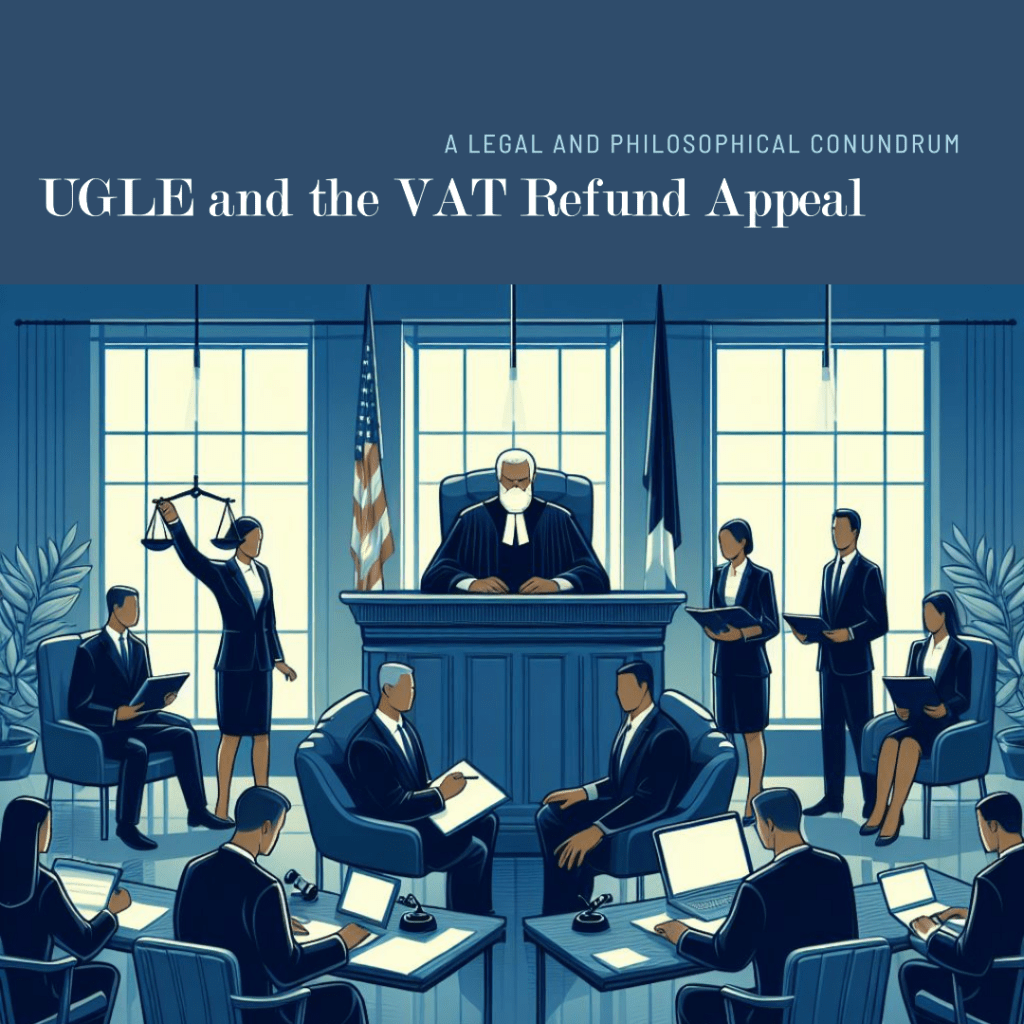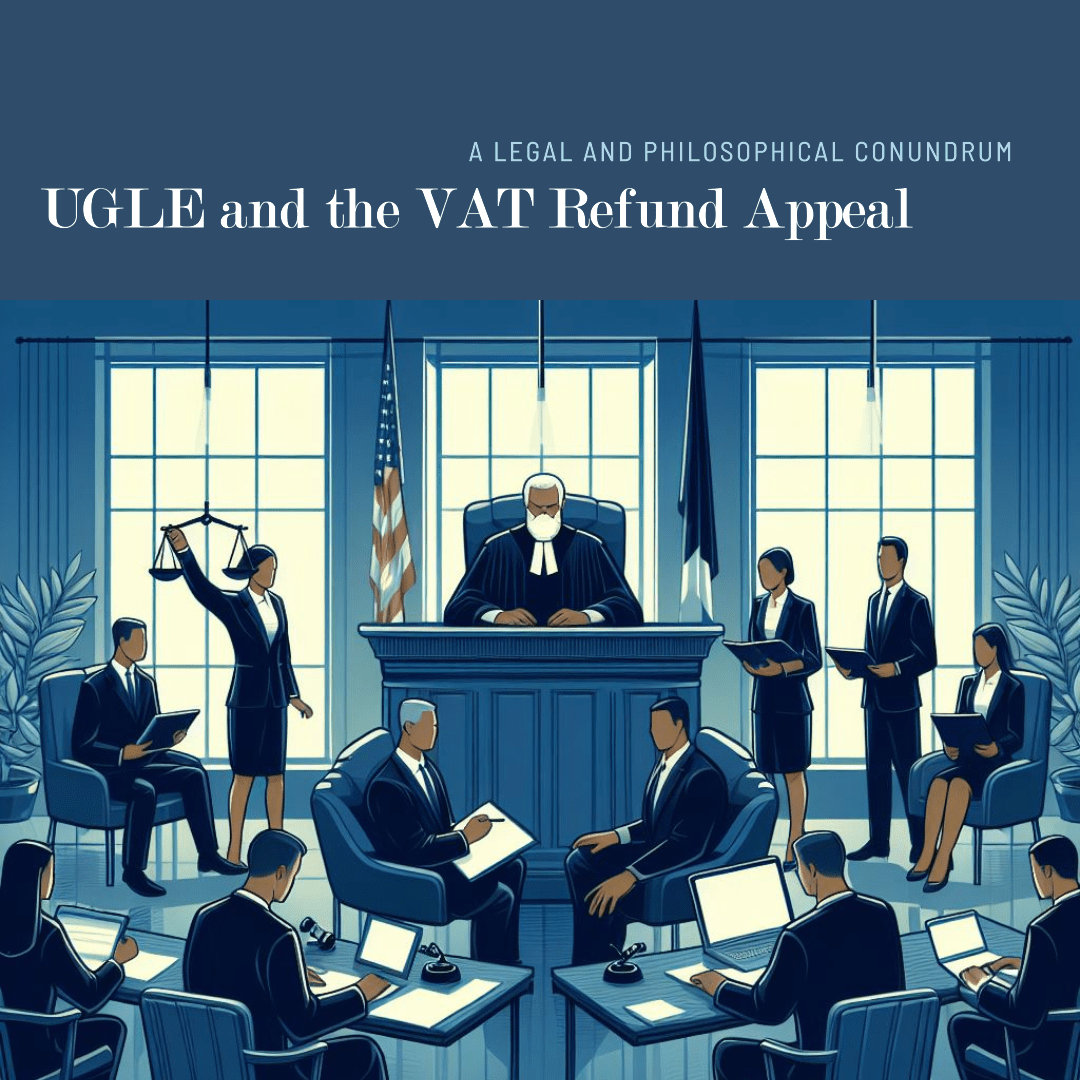 UGLE, as an institution, is steeped in history and tradition, but recently found itself at the center of a legal battle over Value Added Tax (VAT) refunds amounting to £2.83 million. This case highlights the intricate relationship between tax law and the philosophical underpinnings of organizations like UGLE.
UGLE, as an institution, is steeped in history and tradition, but recently found itself at the center of a legal battle over Value Added Tax (VAT) refunds amounting to £2.83 million. This case highlights the intricate relationship between tax law and the philosophical underpinnings of organizations like UGLE.
Background of the Case The United Grand Lodge of England (UGLE), representing a significant portion of Freemasonry in the UK, appealed for VAT refunds on membership fees, arguing that their primary aim was philosophical and thus should be exempt from VAT charges1. The claims pertained to the period between 2010 and 2018, during which the Lodge believed its activities fell under the VAT exemption criteria for organizations with philosophical, philanthropic, or civic aims as outlined in Article 132 (1) of the Principal VAT Directive and under Group 9 of Schedule 9 VATA 19942.
Tribunal’s Decision The First Tier Tribunal (FTT) and later the Upper Tribunal examined the claims and ultimately dismissed them, stating that the Lodge’s main aim was not solely philanthropic1. The tribunals scrutinized the nature of the Lodge’s activities and concluded that the redistribution of funds within its members did not qualify as philanthropic work that would warrant VAT exemption2.
The tribunal agreed that there would be no distortion of competition if exemption was granted.
The FTT then considered whether UGLE had a single aim or multiple aims and whether these all fell within the aims described in Article 132. Their thought process was that if UGLE had any number of main aims, all falling within the listed headings, then it would follow that it was making exempt supplies. However, if UGLE had main aims outside the headings, then the exemption would not be available.
The FTT considered the evidence of several Freemasons and concluded that, due to the rituals central to the organisation, philosophy was a main aim of the Freemasons. So far so good.
HMRC accepted that one of the aims of the Freemasons was to provide relief to good causes, via either time or donations. Where these good causes were all external to the Freemasons, these would therefore be philanthropic aims. However, they were not.
The FTT found that during the period, four main charities were supported by the Freemasons, and all four were either intended to help Freemasons (or their dependants) alone or, at the very least, to help them in priority to non-Masons.
UGLE argued that the split of Masons/non-Masons supported had shifted in favour of the non-Masons. However, the fact remained that even once this shift had occurred, around 50% of the people who benefitted from the Masonic relief were themselves either Masons or closely related to Masons. UGLE therefore had a main aim which was not philanthropic and was outside the exemption.
The tribunal stated ‘That cannot be considered to be philanthropic in the sense of benevolence to the world at large, a love of mankind, etc. We therefore reject the submission that the FTT applied too narrow an interpretation of philanthropic.’
Implications of the Ruling The decision has significant implications for the UGLE and similar organizations. It underscores the complexity of determining the philanthropic nature of an entity’s operations and raises questions about the broader categorization of organizations with multifaceted objectives. The ruling also reaffirms the importance of clear definitions within tax law to determine eligibility for VAT exemptions.
Conclusion UGLE’ case against HMRC is a testament to the challenges faced by organizations in proving the philanthropic nature of their activities for tax purposes. The outcome of the appeal serves as a precedent for future cases and a reminder of the nuanced interpretation of tax laws in relation to the diverse aims of organizations.
In essence, the case of the UGLE versus HMRC is not just a legal matter but also a philosophical inquiry into the values and objectives that define the fraternity and its broader role it has in society.
